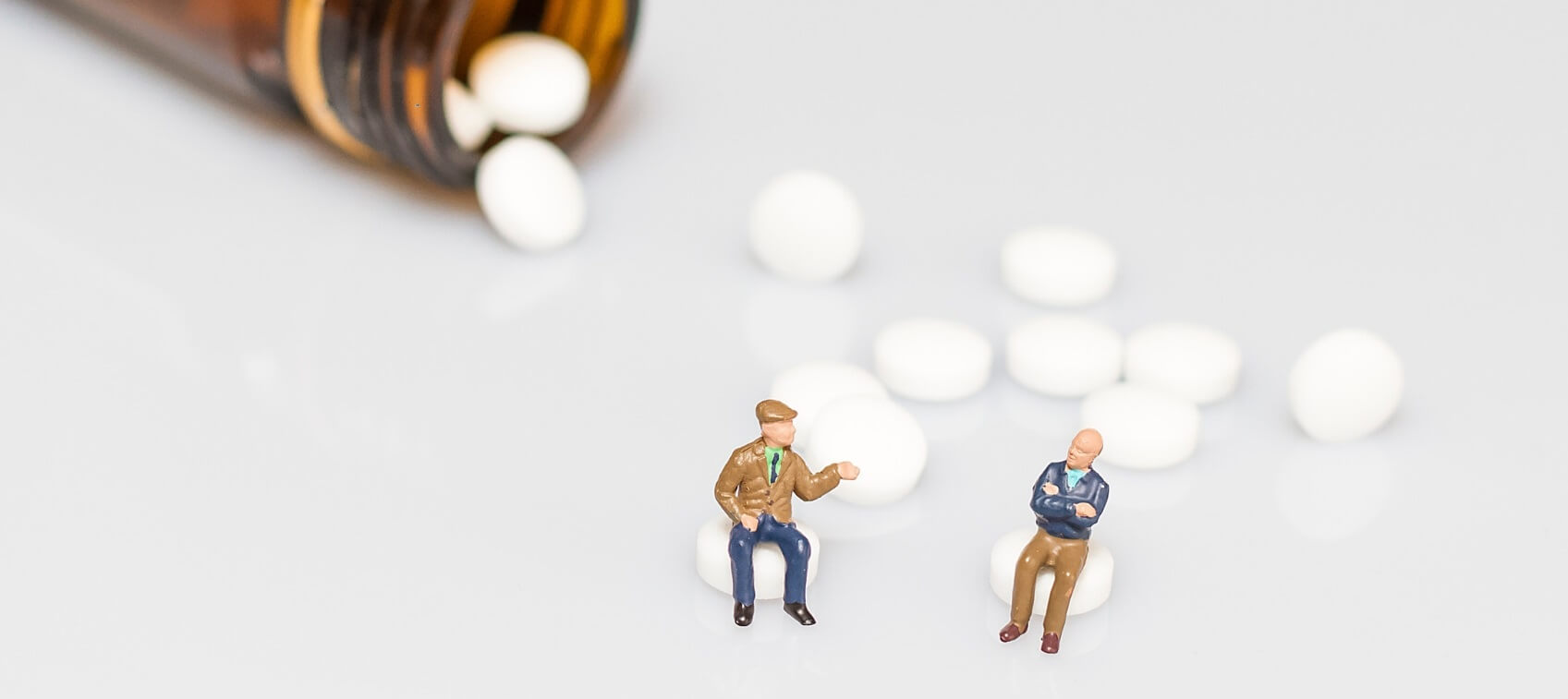Pop a low-dose aspirin daily, prevent blood clots, and save your life. This tried-and-true health mantra has been around for as long as I can remember. But as I’ve long said, and recent studies have once again confirmed, for many people the risks of taking a daily aspirin for primary prevention far outweigh the benefits.
A meta-analysis published in the Journal of the American Medical Association found that those with no history of heart disease who took a daily aspirin reduced their risk of having a cardiovascular event by 11%. But their chance of having a major bleeding event shot up by 43!
These findings, and many others like it, have prompted the American College of Cardiology and the American Heart Association to update their guidelines to only recommend low-dose aspirin for people between 40-70 who are at high cardiovascular risk but at low risk of bleeding.
How a Daily Aspirin Helps Heart Disease
A low-dose aspirin helps to thin the blood and prevent clots that can lead to heart attacks and strokes. Its appeal is its ability to block the formation of thromboxane A2 which constricts your blood vessels and allows platelets to clump together and form clots at the site of wounds.
The thinking behind prescribing aspirin therapy for those at risk for heart disease is that if you reduce the amount of thromboxane produced, you reduce the odds of a blood clot forming and, subsequently, a heart attack or stroke.
Should You Take a Daily Aspirin for Your Heart?
I don't recommend daily aspirin for primary prevention for the same reasons cited in the most recent research—that for many people the risk of internal bleeding far outweighs the benefits. Plus, while aspirin can prevent clots from forming, it doesn't change atherosclerotic plaque which is the underlying cause of heart disease.
But taking a daily aspirin for secondary heart attack prevention—if you’ve already had a heart attack or have a history of cardiovascular disease—is just plain good medicine. I regularly advocate aspirin for those who have known heart disease, such as a history of angina, heart attack, angioplasty or stent procedures, and coronary artery bypass surgery. In these cases, I recommend taking one 81 mg of low-dose aspirin daily.
How Do You Know If Your Aspirin Therapy Is Working?
Some people don’t respond to low-dose aspirin, causing their doctor to increase their dose—and hence their risk of internal bleeding. In clinical terms, this means they’re “aspirin resistant.”
If you think this might be the case for you, you can consider taking a simple urine test administered by AspirinWorks that measures your level of 11-dehydrothromboxane B2, an end product of thromboxane metabolism.
If your test results show a low level of thromboxane metabolites in your system, it means your prescribed aspirin therapy is working. If your results are higher up the scale, you would likely benefit from increasing your dosage. However, if you’re already taking the maximum dosage of aspirin, you’re probably aspirin resistant.
What to Do If You’re Aspirin Resistant
If you’re aspirin resistant, you want to talk to your doctor about whether you should stop your daily aspirin regimen so as not to risk the gastrointestinal side effects. Though that may sound frightening, you need to keep in perspective that if you’re aspirin resistant, that daily pill wasn’t doing you any good anyway.
It’s also important to remember that the best way to prevent a heart attack is by keeping plaque from forming and building up in the first place. That means back to basics: a healthy diet, exercise, weight reduction, nutritional support with antioxidants and anti-inflammatories, blood pressure-lowering, and stress reduction.



